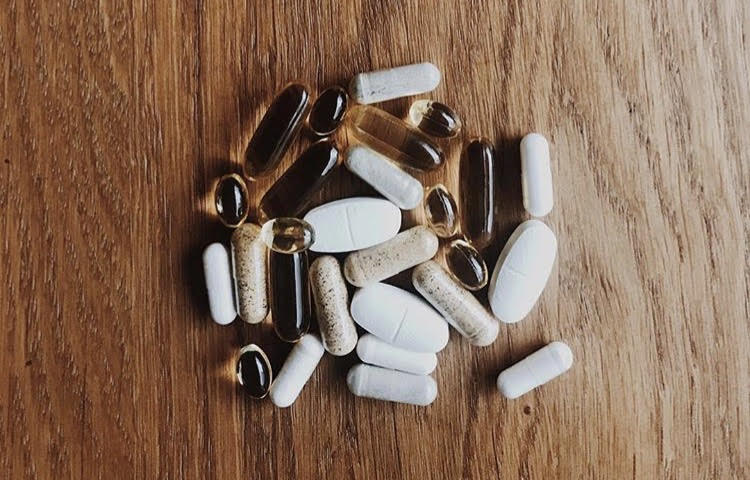There are vitamins and minerals that don’t go well together as they like to compete for absorption. Some of these will also try to compete with medications. Some foods can also impair our absorption of these nutrients. Therefore, it is wise to know which supplements, which medications and foods to take and when. Mostly it’s the minerals that want to win the race and fight the most to get there.
Minerals
Iron
The mineral that gets competed with the most is iron. The main minerals iron, zinc, copper, magnesium and calcium all compete for absorption as they are positively charged and all compete for the same binding sites as iron.
Although when it comes to manganese this little trace mineral will reduce iron absorption quite dramatically. This has been observed from supplementation as well as from food sources.
Zinc and iron have shown to be competitive when given in supplement form, but the competition was much less when studies were conducted on food sources.
Calcium
Calcium has shown to greatly impact iron not just from supplements but also from food sources particularly dairy. Calcium can impact the other minerals as well.
Zinc
Zinc and copper are needed in equal amounts in the body, but zinc will push copper away to ensure it gets more chance of absorption.
Magnesium
Magnesium is best to have away from iron.
If the supplement has more than 250mg of either calcium or magnesium, then this is when there needs to be some separation as in food sources these guys are usually happy together in small quantities.
Taking therapeutic levels of minerals can also decrease absorption of carotenoids such as beta-carotene, astaxanthin and lycopene. This decrease can affect not only the supplements containing carotenoids but also foods that are rich in them.
Vitamins
Fat soluble vitamins (A, D, E and K) can compete with each other. These guys need to be taken after a meal for the best absorption in any event. But D, E and K do like to compete when taken in supplemental form, so keep these ones a couple of hours apart.
Medications
There are certain medications that need to be taken away from any supplements and food which include thyroid medication such as Thyroxine. Some medications need to be taken 2-4 hours away from certain supplements namely iron.
Foods
Apart from the calcium in dairy impacting some absorption, other foods referred to as “anti-nutrients” can too, such as:
- Tannins in tea and coffee (these need to be taken 15 minutes after your supplements as they can irritate the gut lining and impact absorption),
- Phytates found in wholegrains, legumes, some nuts seeds
- Oxalates – leafy greens
- Lectins – legumes (beans, peanuts soybeans)
- Saponins – legumes and wholegrains
Don’t discredit the good that the above foods can do and avoid them altogether, it’s about timing of when you eat certain foods and when you take your supplements.
It is not only important what you keep away from each other when it comes to nutritional supplements, but it’s important to know what helps in the absorption, timing of day and with/without meals. Chatting to a nutritionist or naturopath will ensure you get the best result out of any supplements.
If you would like to ensure you are taking the right supplements at the right time and ensure there will be no interactions in your supplements and medications contact me to book in a supplement check consult or book in a full consult to assist with any health issues – megan@balancingnutrition.com.au or 0417 679 287.
References available upon request
Megan Crockart is a qualified Holistic Nutritionist & a self-confessed foodie! Megan has a special interest in working with individuals with allergies, food intolerances, SIBO, eczema, pre- & post-natal health & children’s health.
To book a consultation with Megan please click here.


